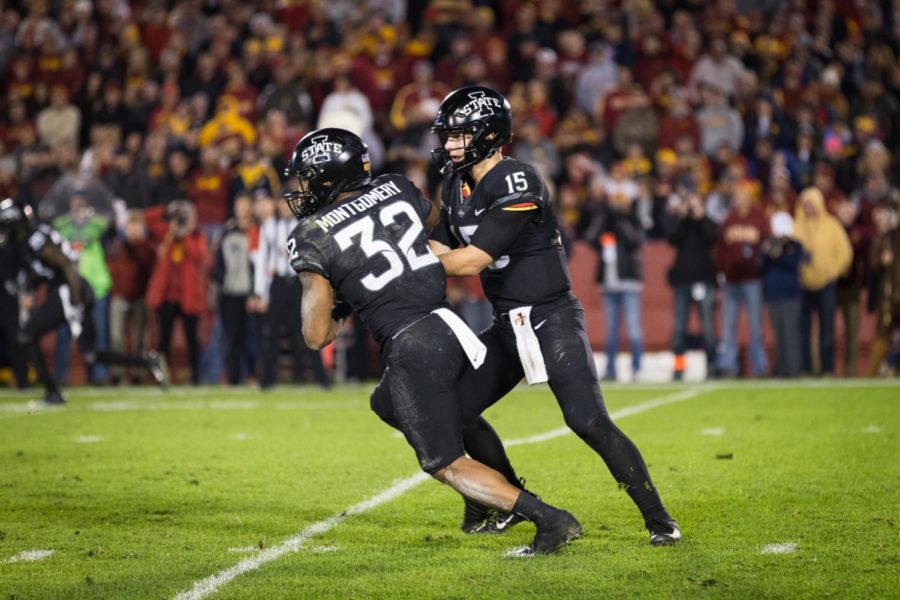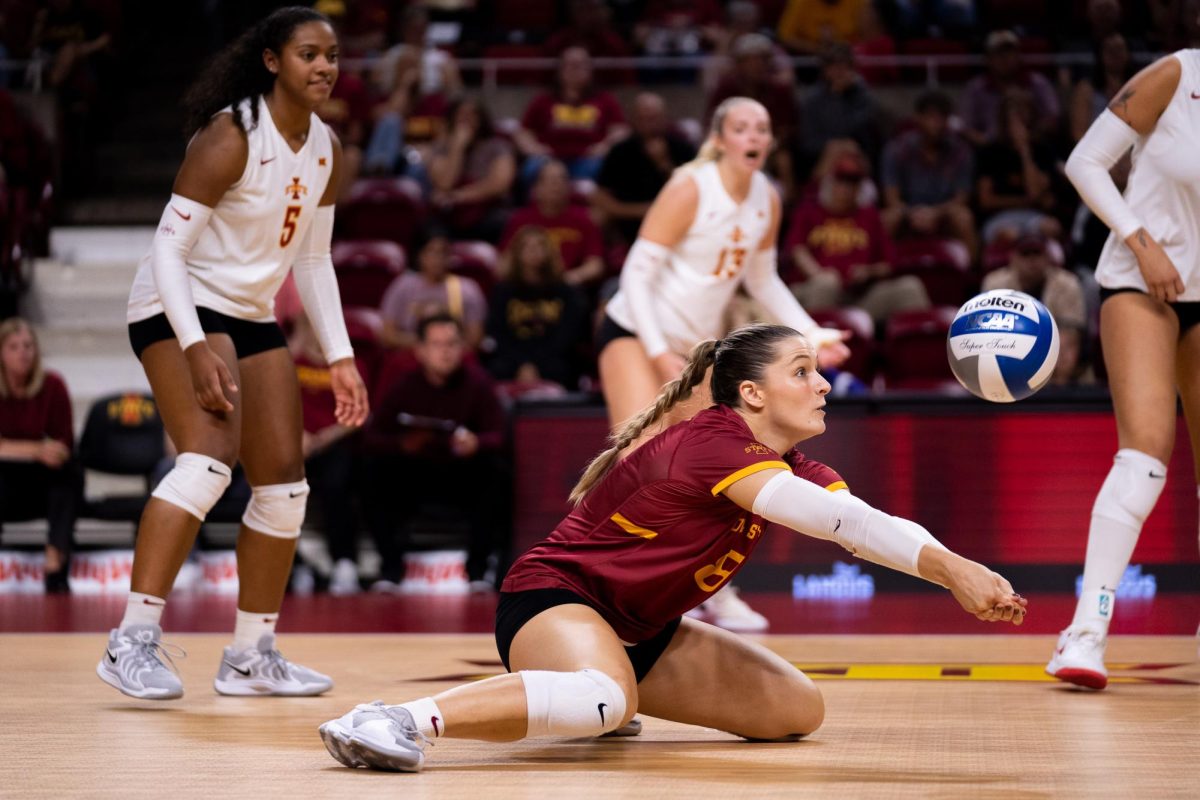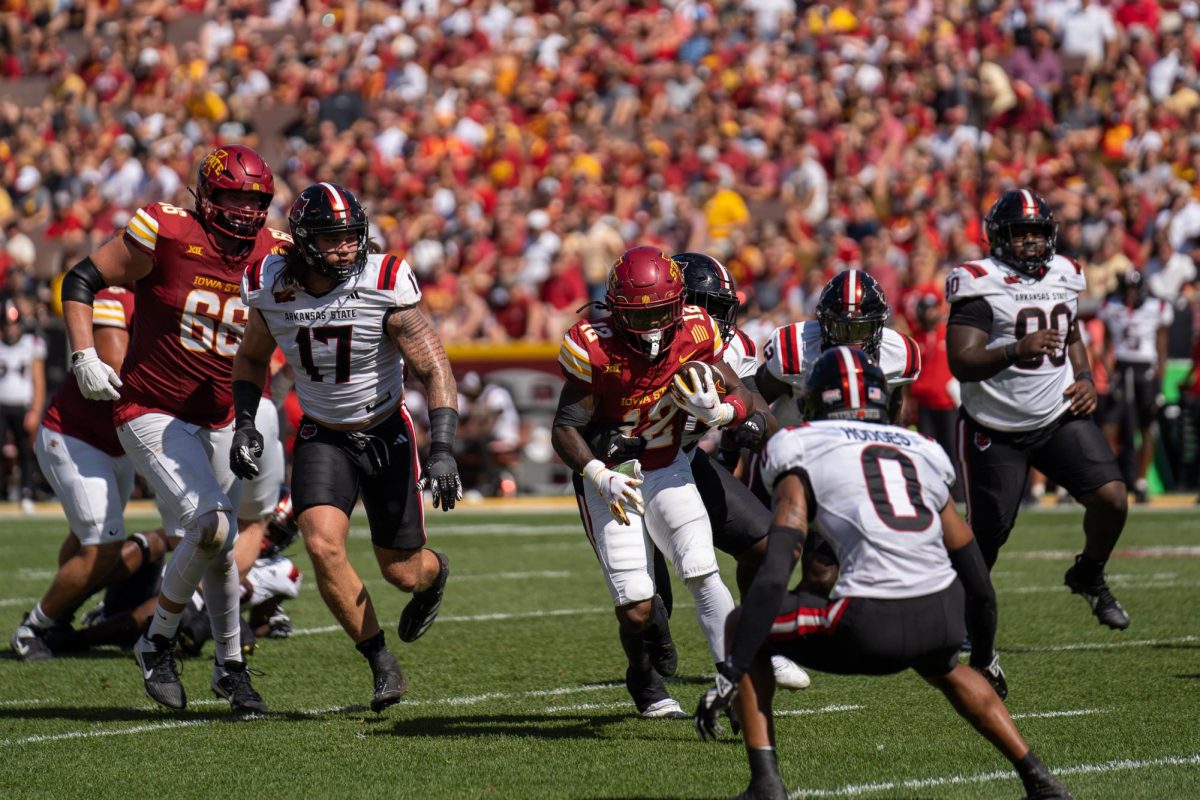Check out these criteria
September 10, 1999
The first question we must consider is this: Do gays, as a group linked solely by shared sexual behavior (or alleged desire), warrant protected class status by any criteria which have given that status to legitimate ethnic groups?
Historically, courts and civil rights authorities have employed three “touchstones” in awarding protected class status to groups of people who:
1. As an entire class have suffered a history of social oppression evidenced by lack of ability to obtain economic mean income, adequate education or cultural opportunity.
2. As an entire class exhibit obvious, immutable or distinguishing characteristics, including race, color, gender or national origin, that define them as a discrete group.
3. As an entire class clearly demonstrate political powerlessness. (Cf. “Frontiero vs. Richardson,” 411 U.S. 677,684-687, 93 S.Ct. 1764, 1769-70, 36 LED 2nd Ed. 583, 1973; “San Antonio Independent School District vs. Rodriguez,” 93 S.Ct. 1278, 1293, 36 LED 2D16, 1973; “Massachusetts Board of Retirement vs. Murgia,” 96 S.Ct. 2562, 2566, 49 LED 2D520, 1976; “Plyler vs. Doe,” 457 U.S. 202, 216, N14, p. 219-223, 102 S.Ct., 2382, 2394, N14, 2395-2397, 1982; “City of Cleburne vs. Cleburne Living Center,” 473 U.S. 432, 440-441, 105 S.Ct., 3249, 3254- 55, 87 LED P2D, 313, 1985; restated also in “Jantz vs. Muci,” March 29, 1991, 759 Fed. Supp. 1543.)
This means not all “minorities” are eligible for protected class status.
Top corporate executives, for example, are definitely a “minority” in America.
Yet they are obviously unqualified under the above criteria, because, if organized, they would represent a special interest group, not a true minority.
Other groups, such as disadvantaged African Americans, rightly qualify for protected class status.
Let’s consider whether gays as an entire class warrant protected class status in light of each of these criteria.
Tim Kelly
Resident
Waterloo






